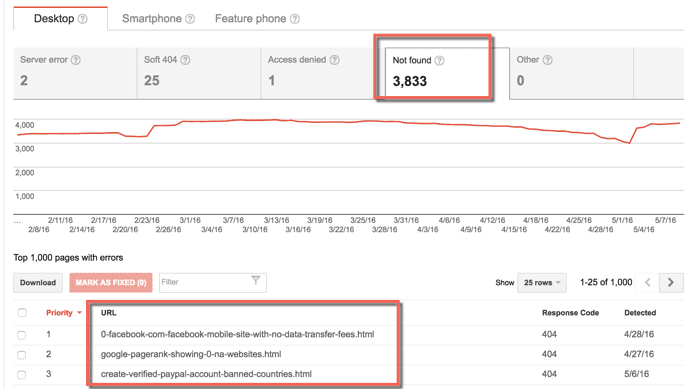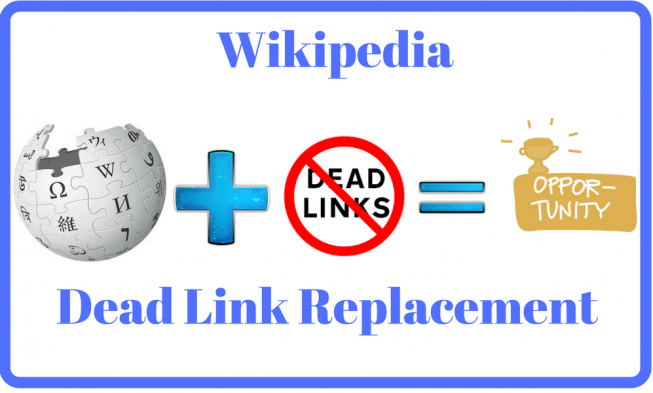Effective Link Building Strategy for 2018

Link building has always been one of the primary steps of SEO. There was a time when a few changes to the links could get you the ranks you wanted. But, after Google’s Penguin Update, it has become more difficult for webmasters to rank a website by getting links from anywhere. As a result, the importance of link building got minimized and marketers focused more on content and on-page optimizations.
You may wonder whether a website rank without links? The answer is No and the reasons are:
- Links are the number one ranking factor.
- Links transfer authority.
- Links build the trust factor.
However, why are there restrictions on link building?
The reason is that links can be good or bad. There is no point of building irrelevant links from sites that do not have much trustworthiness. Understand that your approach to link building must be for the betterment of the web, meaning that it needs to provide useful information to the users. Therefore, keeping the basic steps of SEO services like link power, type, linking keywords and the risk factor in mind while building links for your website is a must.
Here is a link building strategy for 2018. Have a look at it and decide how you can impress Google with your structures of links.
Ask Bloggers
Asking bloggers is a good way to start especially when you are new to the field. Find bloggers who run personal blogs and approach them to give you backlinks from their sites. Ask them for in-content links instead of sidebar or footer links. Just make sure that you approach blogs that are relevant to your niche.
Start a Blog
One of the best methods to prevent your ranking from becoming stagnant is to start a blog of your own. Thanks to regular changes on your website and allowing you to connect your business with trending topics, blogs keep your site updated.

Search for your customers on different platforms to learn about their pain points and develop contents serving their needs.
List Your Business in Authority Directories
There are many directories will not have much value. Google has excluded them from the search results. Enlisting your website on such platforms would negatively affect your ranking. So, how would you know whether a directory is good or bad?
Directories that only allow you to post a link to your website are best avoided. Look for platforms that give you opportunities to include more information about your business category, your customers etc. You should also look for niche directories for enlisting your site.
Guest Posting
Guest posting is an effective method for link building. It not only provides you with an in-content link but also the visitors of that website. Apart from this, you also get a chance to establish yourself as a credible author. But, before you write for a site, ensure that:
- The platform is relevant to the services or products you offer.
- Your content is not promotional.
- You are focused on user queries and behavior.
- The blog site has good domain and page authority.
Find Your Competitor’s Backlinks
If you analyze your competitors, you would find a number of new sites where they have managed to get backlinks from. Analyze those sites first and try to get a link from the sites you feel suitable for your business. This could help you develop a new link building strategy.
Recover the Dead Backlinks
There are several instances when you find broken links to your website. It generally happens when you change the URL of a particular page or the URL is misspelled on a particular site. All these will lead to a 404 error. It can be harmful to your site’s ranking. Therefore, you need to find those URLs and redirect them to the relevant pages to your site.
Use Google Search Console to find the broken URLs to your site. Just log in to your account and find for “Crawl Errors” under “Crawl” from the left sidebar and you will get the list of the broken URLs that need to be redirected.

Wikipedia Dead Links
Why don’t you consider Wikipedia as a backlink source? Google trusts Wikipedia. Be careful though, there could be several dead links included to a piece of content on the site. Find them and suggest your website’s link in their places only if it is relevant to the information of the content. Wikipedia provides NoFollow links, so you can gain a lot of trust with a backlink from the site.

Blog Commenting
Another good resource for backlinks to your site is commenting on blogs. Just don’t make it your sole purpose is to get backlinks. Try to be a part of the communities by sharing beneficial information and then have the users visit your site. This is important to gain the trust of the users as they need to feel that they can get useful information by clicking on your link. Keep in mind that you need to join the blogs relevant to your business and comment on subjects related to your field.
Infographics
Infographics are great material to engage users on social media sites. In fact, they are the second (right after videos) most engaging type of content on Facebook. There are also several social media platforms that are dedicated to infographics.
Sometimes, someone might use your infographic and link your website as the source. A webmaster might forget to link you back after using your image. In that instance, you can do a “Google Reverse Image Search” and ask the admin of those particular websites to link your site as the source.
Business Listing
Business listings have always been a good source of link building. And listing your business on sites that have a review section can greatly benefit your site. Google like reviews. When you get some reviews from a high-authority site like Good Firms, Google may also show that on the knowledge graph when someone searches with your brand name.
This is how you can build an effective link building strategy in 2018. But, don’t just getting backlinks alone. You also need to keep an eye on the spammy links that your website might be getting. It could also be a negative SEO attack. You should find those links and disavow them from Google Search Console or directly contact the sites.

